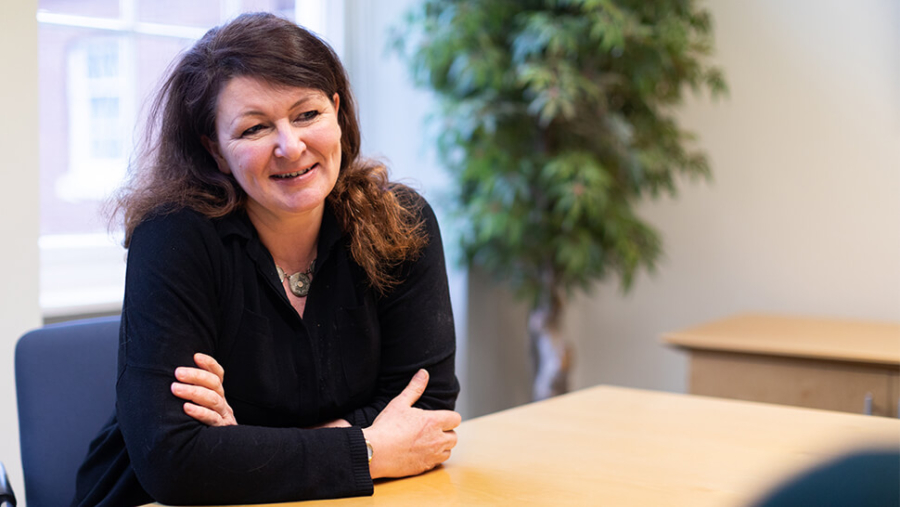

Breakout space, flexible working, re-purposing of retail space for offices – the property landscape in the South West is changing, as it is across the country, with a mixture of economic, entrepreneurial and policy factors coming into play.
The very existence of a competition for Office Breakout of the Year is proof, if it were needed, that workspaces are changing. Set up by HomeLeisureDirect.com, the contest featured three South West firms in the final; the title went to SLG, whose new offices in Cheltenham’s Brewery Quarter have featured in many photo spreads for their innovative and flexible use of space.
Open plan offices are no longer modern enough – these finalists, which included Bristol businesses Ashville Asset Management and People Source Consulting, all include space for their employees to mix and spend time during lunchbreaks, with pool tables, games consoles and arcade games.
SLG has gone further than most, with a variety of spaces for staff to spend time in, all to encourage people to mix with each other away from their desks to help foster working relationships.
They’re taking one further step by subletting about a quarter of their space on a flexible basis to entrepreneurs and start-ups in the high tech and cyber security sectors as a way of using the space to enable new businesses to grow.
As office design changes, so too do locations – with changes to the planning rules in the offing and the traditional High Street suffering because of increased online traffic, retail spaces could soon become offices, creating a new commercial mix in town and city centres.
There will still be restrictions on which shops or commercial premises can be converted into houses, but brownfield sites in central locations are becoming increasingly attractive. One example, in Bristol city centre, will see a leisure and warehouse site converted into 42 homes and a range of commercial units.
Greenfield sites still have their uses – the west of Cheltenham development, including a cyber park next to GCHQ, shows that ambitious multi-use developments are still being created. The cyber park has support from the GFirstLEP, and a consortium of four universities – Gloucestershire, Bristol, Bath and Cardiff – have already attracted seed funding for a cyber hub project there.
For us, while the landscape is changing, some fundamentals are constant – landlords still want leases, tenants still want security, developers still want land and planning permission, local authorities still want to be in control – we play our part with all of these, and help plans to become reality.










